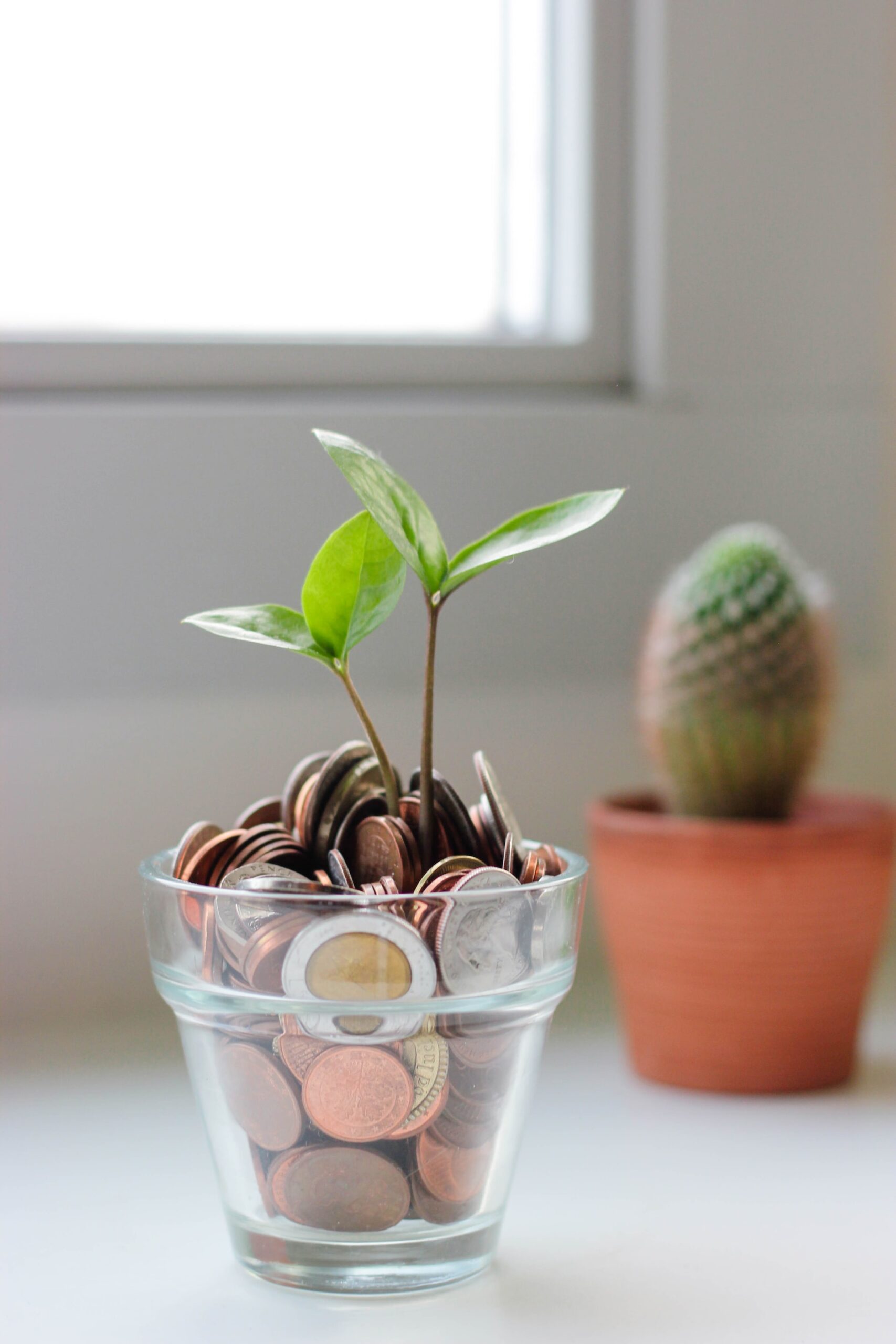Managing Money as A Christian (8 Important questions)
Watch Biblical MessagesMANAGING MONEY AS A CHRISTIAN (8 IMPORTANT QUESTIONS)
Watch Biblical MessagesManaging money as a Christian can be tricky.

Money (and how to manage it) can be a tricky topic to navigate as Christians. The Bible has examples of people who live in great wealth and resources (King Solomon, Abraham) and also examples of people who gave everything they had for God, like the woman who gave her two coins to the Lord (Mark 12:41-44) or John the Baptist, who lived in the wilderness and ate bugs.
While most of us won’t be wealthy like King Solomon, or give up everything we have and live in the wild like John the Baptist, God does have something to say about how we manage our financial situations and money in a way that is faithful and honors ourselves and our communities.
Money (and how to manage it) can be a tricky topic to navigate as Christians. The Bible has examples of people who live in great wealth and resources (King Solomon, Abraham) and also examples of people who gave everything they had for God, like the woman who gave her two coins to the Lord (Mark 12:41-44) or John the Baptist, who lived in the wilderness and ate bugs.
While most of us won’t be wealthy like King Solomon, or give up everything we have and live in the wild like John the Baptist, God does have something to say about how we manage our financial situations and money in a way that is faithful and honors ourselves and our communities.
How Should Christians Manage Money?
The saying “Giving first builds generosity, saving second practices wisdom, and living on the rest builds contentment” is a useful framework for thinking about our personal finances.
Each of these sections also includes a few foundational questions to reflect on or discuss with your spouse or as a family.
Watch Encouraging Messages Online
Check out messages on relevant topics to your life right now or join our online church experience this weekend.
Giving First Builds Generosity
1 Corinthians 9:6-7
“Remember this: Whoever sows sparingly will also reap sparingly, and whoever sows generously will also reap generously. Each of you should give what you have decided in your heart to give, not reluctantly or under compulsion, for God loves a cheerful giver.”
Throughout the Bible, you will find one common teaching when it comes to money: be generous!
Giving selflessly is one of the first and most important heart postures that God asks us to have when it comes to money. Giving of your money and resources cultivates a heart of generosity in the giver and makes us more like Christ.
God has given you resources and has blessed you, and serving God is pouring those blessings back into the Kingdom of God. This can look like tithing, supporting missionaries, or any other sacrificial giving.
Wrestle with these 3 questions for a more generous life:
- What are the causes that I’m passionate about contributing generously to and want to prioritize?
- What amount or percent of my income should I give away right now?
- Do I want to be a spontaneous giver, or do I need to automate my giving so that I don’t forget or choose to skip it each month?


Saving Second Practices Wisdom
Proverbs 21:20
“Precious treasure and oil are in a wise man’s dwelling, but a foolish man devours it.”
Did you know 51% of Americans couldn’t cover a $1,000 emergency? In a world where we are encouraged to spend, spend, spend, it can be a challenge to save money. Yet the Lord tells us that “devouring” the resources that we have (like spending all our savings on the newest iPhone or the brand new model of sports car) is foolish.
Saving is not just “hoarding” for a rainy day instead of spending money. It’s practicing wisdom for the future! If you are in a position where you are able to save a bit of money every month, you can begin to fight the temptations of consumerism and practice wisdom.
Think about savings like “an investment” on future blessings. Maybe you are saving for college payments, a new car, a down payment on a house, or even a nice vacation. Saving now means that you will have more resources to bless others and glorify God in your finances down the road.
Wrestle with these 3 questions to audit how you save?
- How am I currently doing on saving? How much can I put in savings each (month/week/pay period, etc.)?
- Am I hoarding money in a way that I need to change? Am I not saving enough because I’m spending too much?
- Where do I need to cut back so I can save more?
Living on the Rest Builds Contentment
1 Timothy 6:6-10
“But godliness with contentment is great gain. For we brought nothing into the world, and we can take nothing out of it. But if we have food and clothing, we will be content with that. Those who want to get rich fall into temptation and a trap and into many foolish and harmful desires that plunge people into ruin and destruction. For the love of money is a root of all kinds of evil. Some people, eager for money, have wandered from the faith and pierced themselves with many griefs.”
So now that you have practiced giving generously, and saved in a way that is wise, what do you do with the rest?
The reason that “living on the rest” is at the end of the list is because it can be a temptation to not save and not give in order to maintain a certain lifestyle. Just as God provides for the birds of the air, so does our Creator provide for us (Matthew 6:26). Giving generously and saving wisely allows us to trust God for our needs.
Remember, MONEY isn’t evil.
You can spend money on things you enjoy, because God gave you resources to enjoy creation! But if you find yourself tempted to avoid giving or skip saving, consider why you feel the need to hold onto that money, or spend that money. Are you living out of fear and a need for control, or a need to have more? True financial freedom is using the resources that God has given you, stewarding them faithfully in giving and saving for living expenses.
Wrestle with these 3 questions as you consider how to enjoy your money:
- What are the important areas for me to let myself enjoy the remainder of my money? Is it experiences? Hobbies? Going out to eat?
- In what ways do I not feel content about my finances? Why?

